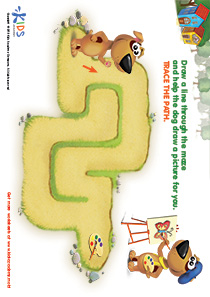Following instructions Logic and Early Math Worksheets for Ages 5-6
5 filtered results
-
From - To
Introducing our "Following Instructions Logic and Early Math Worksheets for Ages 5-6," designed to boost your child's cognitive skills while making learning fun! These engaging worksheets focus on enhancing your child's ability to follow instructions while reinforcing foundational math and logic concepts. Perfect for kindergarten and early elementary kids, each activity helps youngsters develop critical thinking, concentration, and problem-solving abilities. Through engaging exercises like pattern recognition, sequencing, and simple math problems, your little one will gain confidence and essential academic skills. Jumpstart your child's educational journey with our expertly crafted worksheets that blend fun and learning seamlessly!
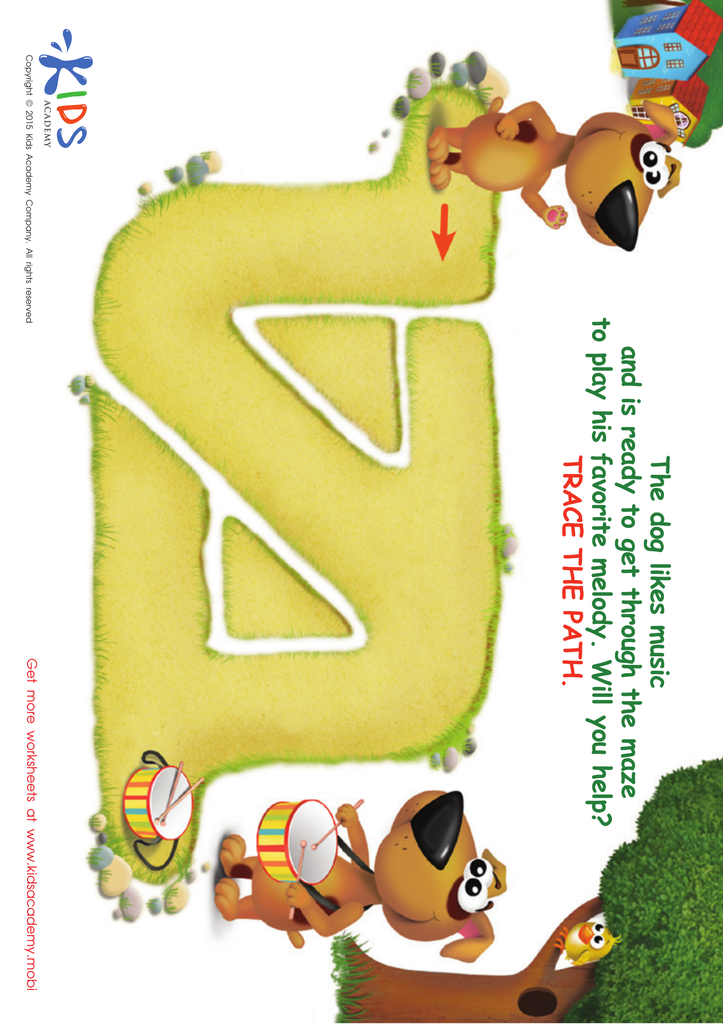

Drummer Maze Worksheet
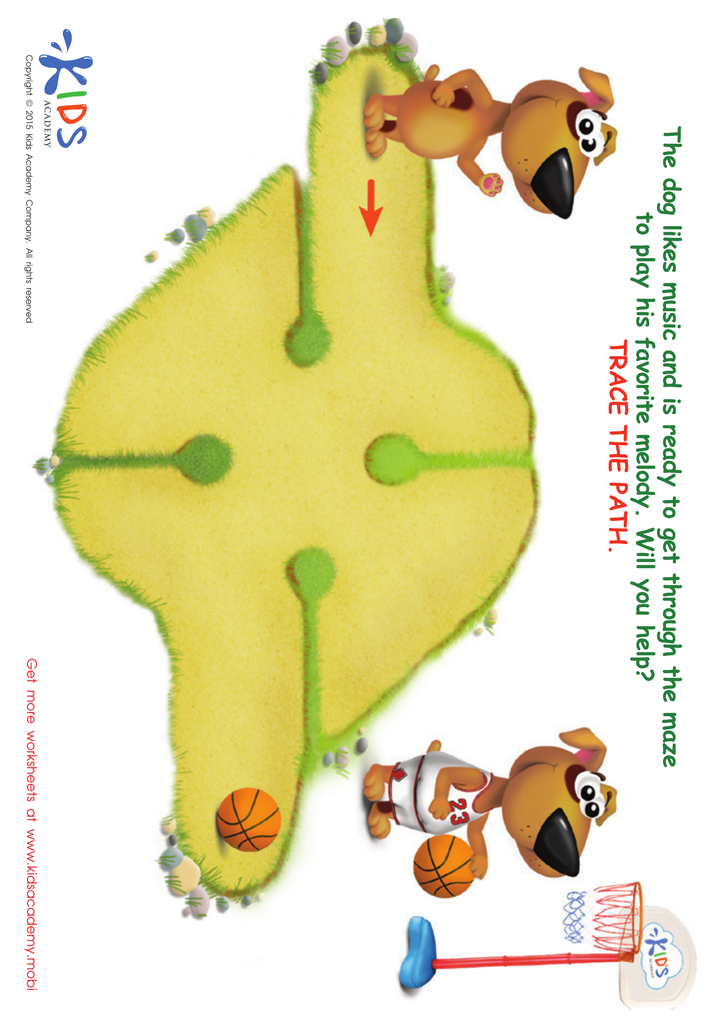

Basketball Player Maze Worksheet
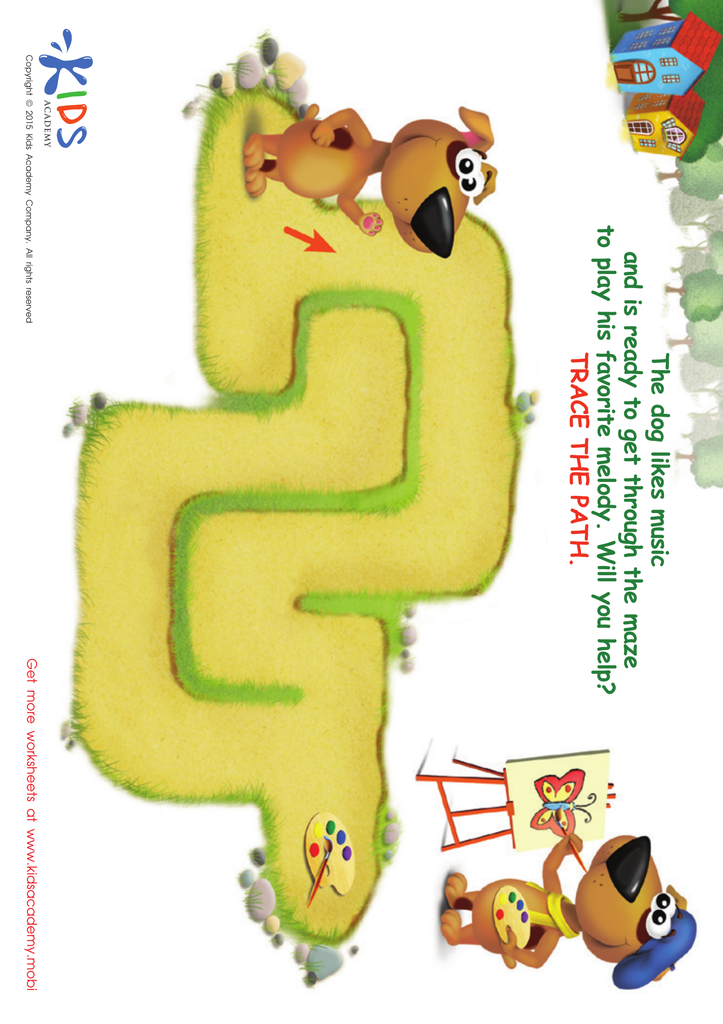

Artist Maze Worksheet
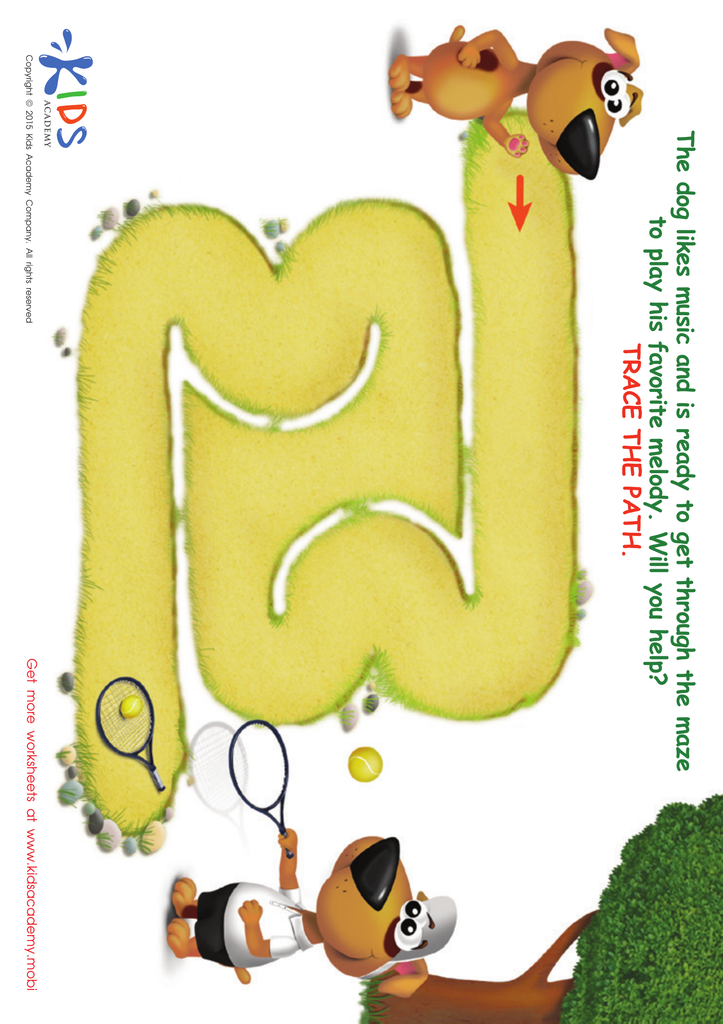

Tennis Player Maze Worksheet
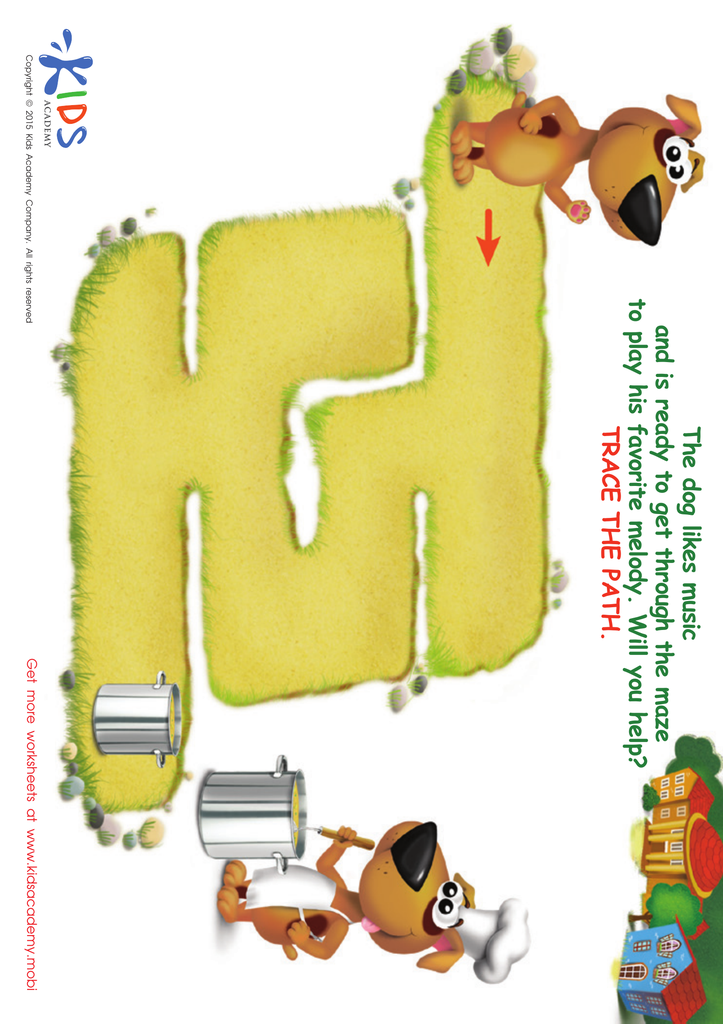

Cook Maze Worksheet
Following instructions, logic, and early math skills are fundamental elements in a child's cognitive and social development, particularly at the ages of 5 to 6. During these formative years, children are highly receptive to learning and establishing the groundwork for lifelong skills.
Firstly, the ability to follow instructions is crucial because it directly impacts a child's ability to function in structured environments such as classrooms. It enhances their listening skills, promotes discipline, and fosters a sense of responsibility. When children comprehend and adhere to guidelines, they are more likely to perform tasks correctly, leading to a greater sense of achievement and confidence.
Logic skills play a vital role in problem-solving and critical thinking. Encouraging logical reasoning helps children understand cause-and-effect relationships, make informed decisions, and approach challenges methodically. These cognitive capabilities are the stepping stones for more complex reasoning required in advanced education and daily life.
Early math skills, such as counting, recognizing numbers, and understanding basic arithmetic, are essential for academic success. Proficiency in early math is linked to future performance in higher-level mathematics and other STEM subjects. Additionally, math concepts support logical thinking and problem-solving skills, which are transferable to various situations beyond academics.
In summary, investing in these essential skills not only prepares children for academic success but also endows them with critical life skills, laying a solid foundation for future learning and development.















